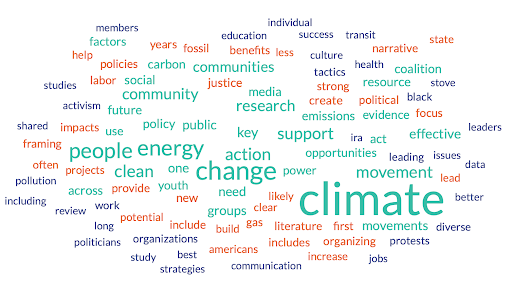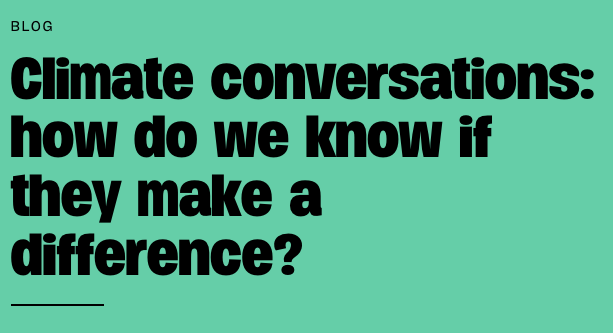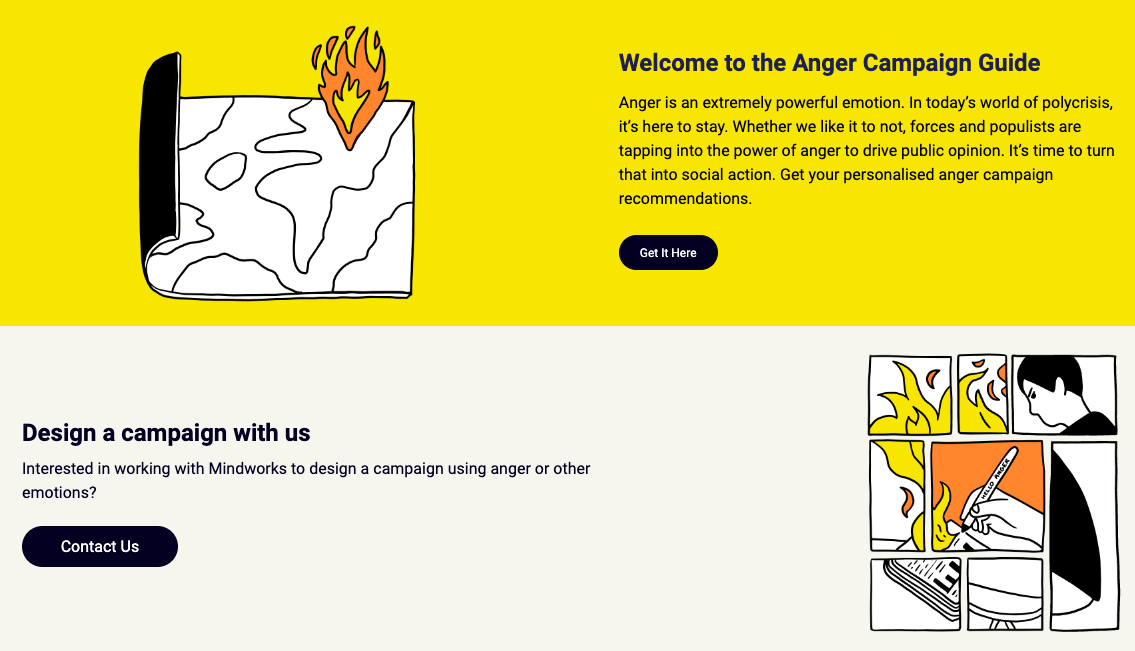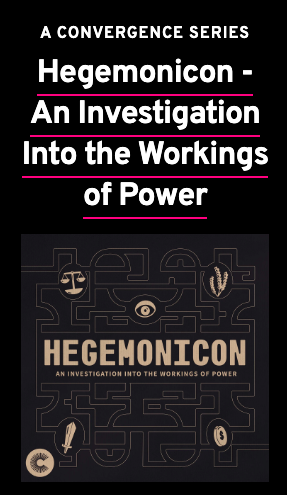Resources
Search below for resources covering the intersection of climate engagement, social science and data analytics.
RESULTS
Pathways to Power Workshop
How are you measuring your organization’s efforts and advances towards meaningful long-term change? Would you like to begin the process of identifying a unique set of metrics that best suit your organizational goals and power-building strategies?
Environmental Polling Roundup - March 22nd, 2024
This post includes climate and environment headlines, data points, and key takeaways from recent public polls - including newly released polling on the Sackett v. EPA decision and clean water protections, new polling on oil and gas accountability, and a new analysis on the gap between Americans’ interest in climate activism and their actual behaviors.
HEADLINES
The attitude-behavior gap on climate action: How can it be bridged?
There is a large gap between people’s interest in climate activism and their self-reported actions. Social norms are linked with increased follow-through. First, there is a big difference between those who say that they “definitely” or “probably” would take an action. Americans who follow through on climate activism tend to feel more social pressure to do so.
Climate conversations: how do we know if they make a difference?
Conversations about climate may be an important part of the advocacy toolkit. Larger US has recruited a cohort to be trained on these conversations. The trainees, after being trained, feel significantly better able to have climate conversations. However, evaluating the impacts of the trainees having conversations outside of the training program is difficult. The goal is to understand if the conversations affect the beliefs of people in the conversations, as well as the broader impact on society.
Notable research of 2023

Inflation Reduction Act
Replenishing trust: Civil society’s guide to reversing the trust deficit
Trust-building is actions aligned to values — it’s not just communicating about what matters, but doing it. Trust for institutions across society is declining. This growing trust deficit is a serious problem: It erodes a high-functioning pluralistic democracy, compromises public health and makes it impossible to solve collective problems like climate change. Trust doesn’t just happen. American civil society institutions have an important role to play in increasing trust — which is necessary to create the kind of world we all want to live in.
Anger Monitor 2.0
The Anger Monitor helps harness and redirect anger for positive impact. MindWorks measures the changing quality and quantity of anger to help advocates and organizers understand and leverage this emotion in campaigns. Anger can be destructive, often exploited by populists or extremists for their own agendas. However, it can also be constructive. Many historic social movements were built on anger.
Eco-anxiety is present for young Americans and young people around the world. Youth are turning this anxiety into activism. UK climate protesters went to prison after blocking roads and oil terminals. Just Stop Oil activists hurled soup at famous paintings. This guide describes other examples like these. (See pages 38-39 of the guide for the climate focus.)
Behind the scenes of Sunrise’s volunteer-led phone bank program
In the spring of 2020, Sunrise Movement had a goal of making 300,000 phonebank calls on six congressional primary races. Sunrise decided to create volunteer teams to manage other volunteers, liaise with campaigns, set goals, and develop strategy. The volunteer leaders of these teams took on a level of responsibility and autonomy typically reserved for staff. The team members took responsibility for setting goals, creating strategy and tactics, liaising with campaigns, and managing the work of thousands of other volunteers.
Social Movements, Political Instruments, and Governing Power, a panel hosted by Momentum
A broad current of the US Left has been practicing the “inside/outside” strategy—building powerful organizations and protest movements outside the halls of power, while also electing champions to work the inside game. This episode features a panel on the inside/outside strategy hosted by Momentum and moderated by Hegemonicon host William Lawrence. The panel asks: What have we learned about bridging the outside and the inside? How close are we to our goal of actual governing power? How important is it to deliver material wins to communities through political action while building “political instruments”? The four panelists each have built a somewhat different political instrument for their own contexts: Lizzy Oh of NYC-DSA; Kamau Chege of Washington Community Alliance; Asha Ransby-Sporn, Chicago organizer; and Evan Weber of Sunrise Movement and Our Hawai’i.
Pagination
- Page 1
- Next page







